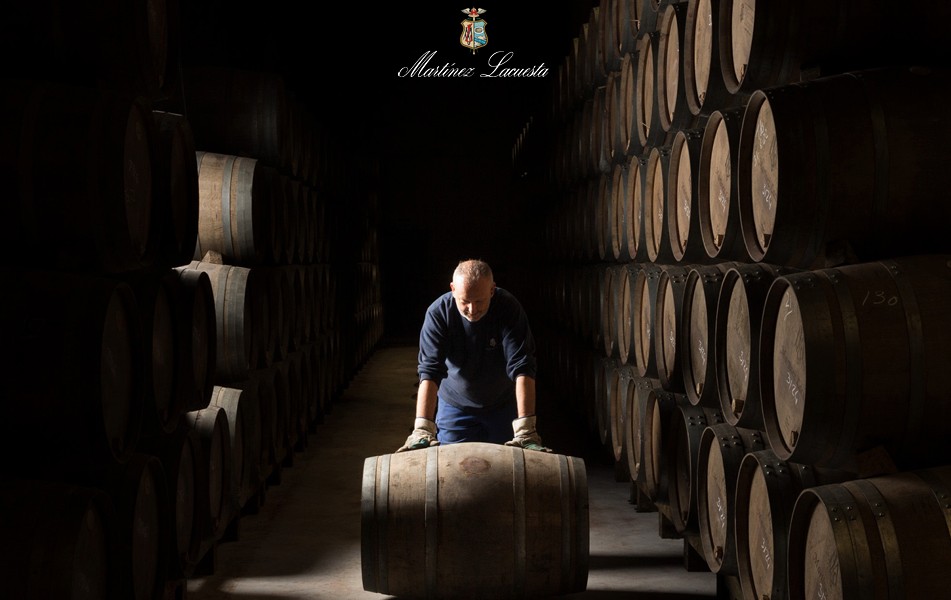How NASA banned Sherry from space menus
Sherry almost made its way onto the menu of 1970s astronauts, but was pulled following a slew of complaints and because of the “awful stench” it caused in space.
According to a report on sciencetimes.com, astronauts were briefly afforded the luxury of Sherry in space after an attempt to make space food menus more appealing for American astronauts.
Food at the time was dehydrated or held in a pouch but was deemed “inedible” for most of the crew on the Gemini and Apollo programs.
According to Ben Evan’s book At Home in Space, NASA’s spacecraft manager, Don Arabian, said he lost “the will to live” after eating space food for three consecutive days saying that the “sausage patties tasted like granulated rubber”.
By the late seventies and early eighties Evans said the situation had “improved significantly” with the addition of a freezer and an oven with astronauts enjoying meals which included ribs, spaghetti and ice cream.
Partner Content
It was during this time that Sherry briefly appeared on the menu thanks to Charles Bourland, who spent over 30 years catering for space missions. It was decided that Sherry would work best in space because, unlike other wine, it wouldn’t need repackaging when flying as it is very stable and heated during processing with astronauts able to simply drink it from a bag.
However, Sherry was withdrawn from space menus due to the “awful stench” it gave off when in weightless conditions, and because of a number of complaints received after it was announced it had been included on the menu.
It was withdrawn just 10 days after its introduction was announced.
In a memorandum to the director of the Johnson Space Center, Kenneth S. Kleinknecht, Skylab’s manager in Houston, said there was no need to include the beverage because it was an “unnecessary expense”, it “didn’t support nourishment or a balanced diet”, would cause “public criticism and ridicule”, and its likelihood of “interfering with experiments”.




